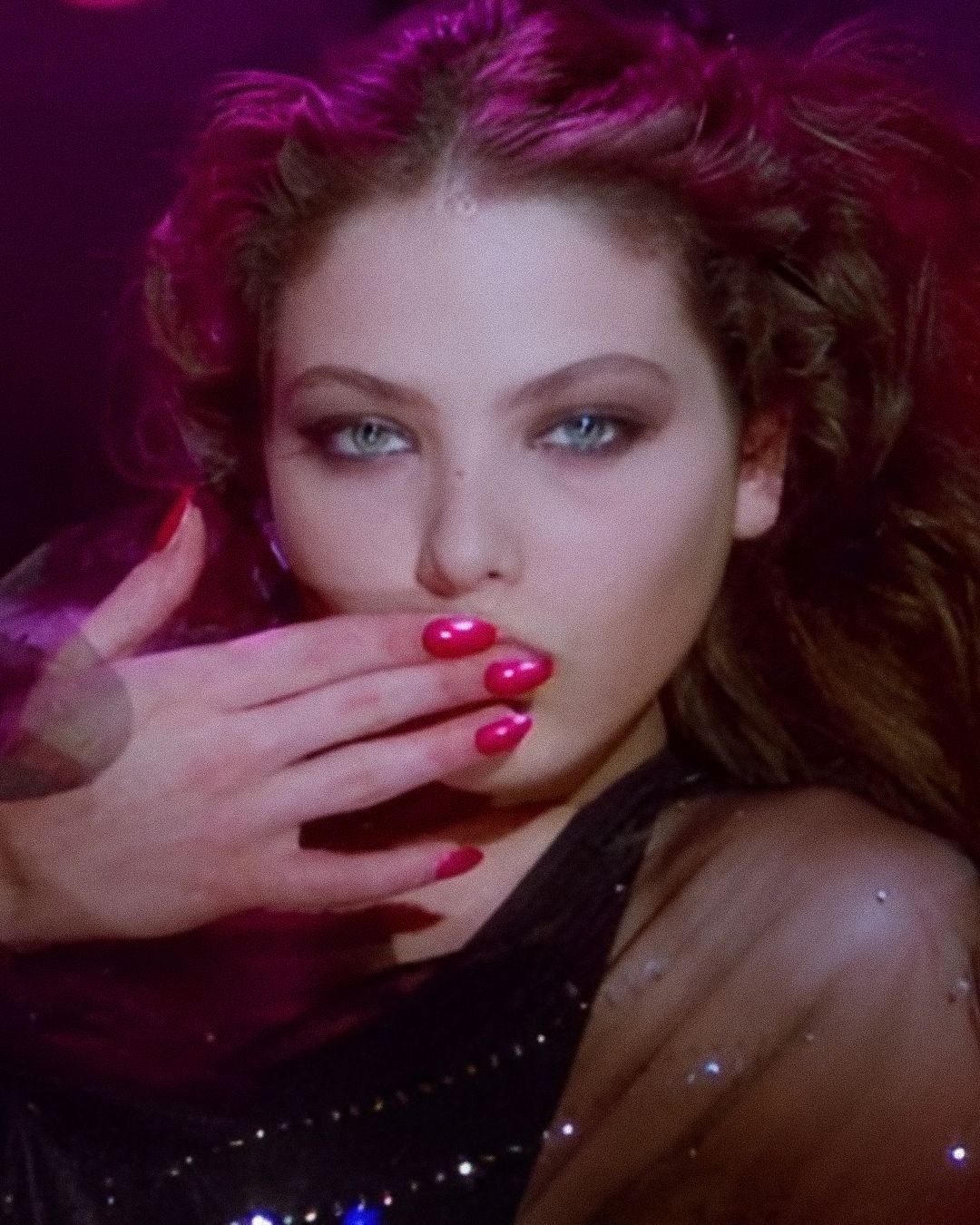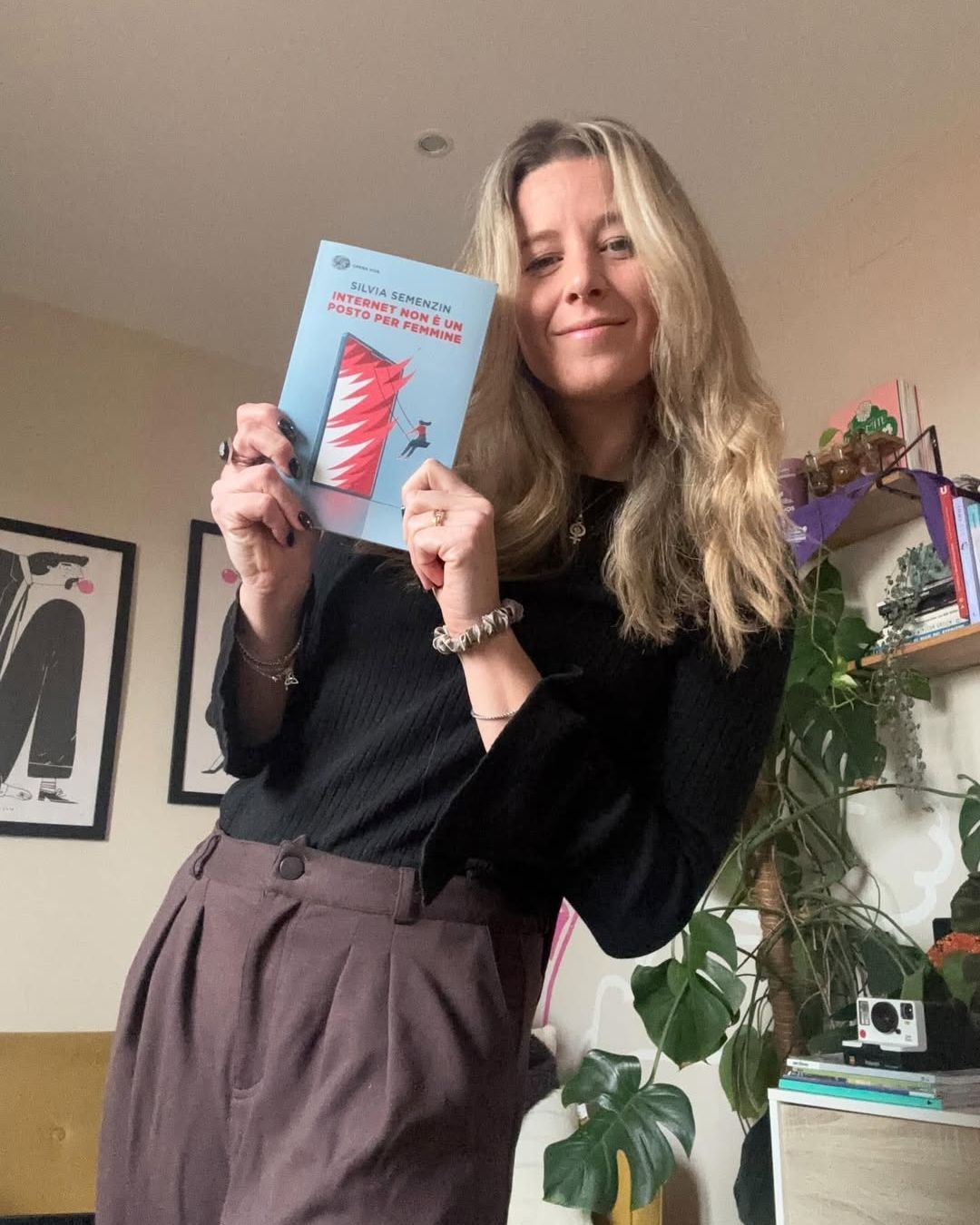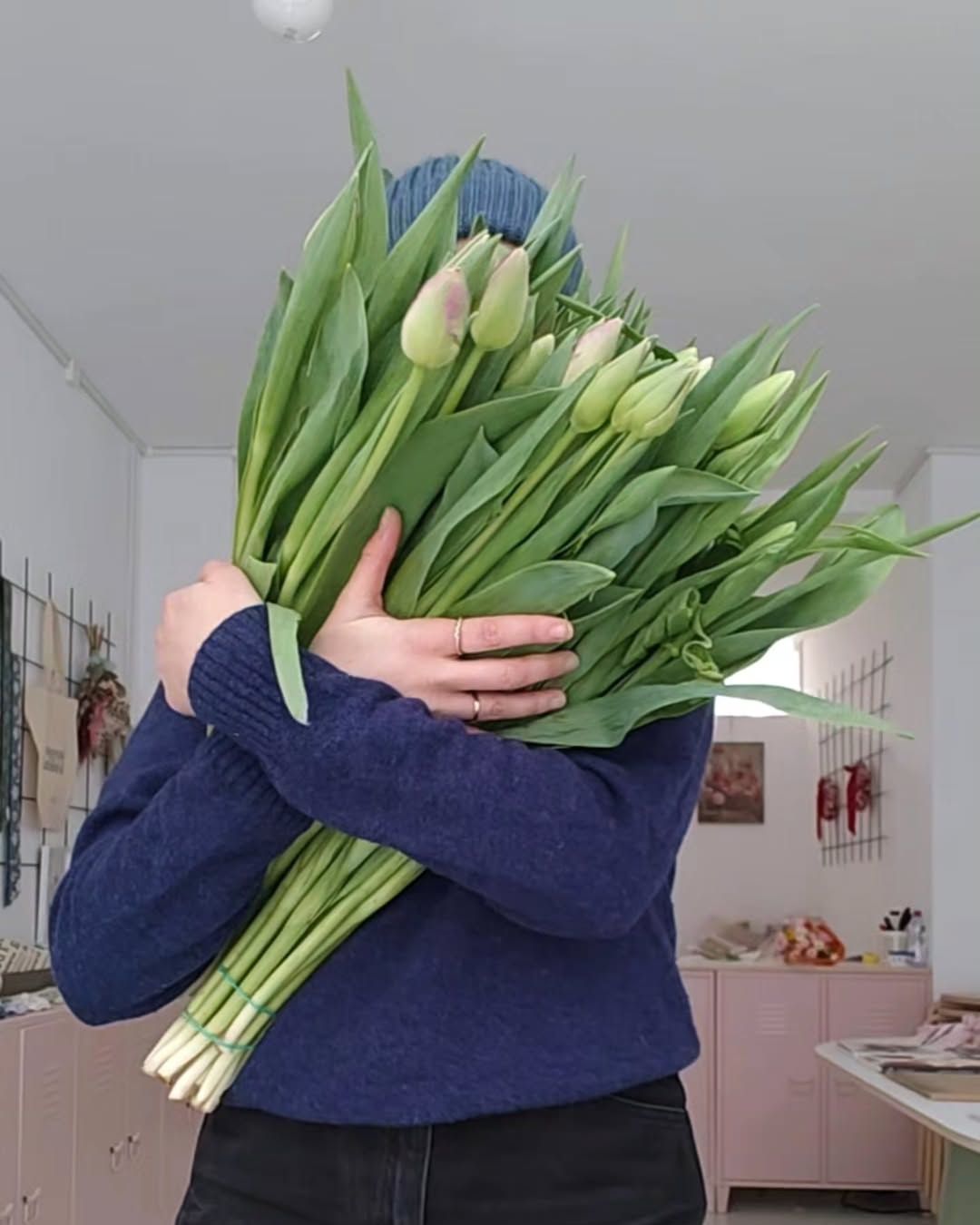
Is Netflix banning corsets from its series? Actresses hate them and may soon disappear from period dramas like Bridgerton
How many times have we seen in a film or historical series the young lady of yesteryear bending over a dressing table or four-poster bed with an expression of pain on her face while someone from the servants tries to squeeze her into a corset and sadistically pulls the laces to narrow her waist as much as possible? From Gone with the Wind to Jane Austin, from Marie Antoinette to Bridgerton, this scene, symbolic of the daily torture to which women (but often men too) have been subjected for centuries, has become part of the collective imagination, but perhaps we will never see it again from now on.
Last week, news broke (still unconfirmed) about Shonda Rhimes' series about the Bridgerton family: The producers are said to have told the actors that they will no longer be forced to wear corsets. It looks like this decision could be adopted by other historical dramas produced by Netflix, BBC and ITV. The ban on the constricting garment was triggered by the many complaints from actors who had to wear the corset for 12 to 14 hours a day on set, causing health and safety problems such as bruising and breathing problems. An unnamed source pointed out that television networks and streaming services want to be seen as progressive and think it best in today's increasingly "woke" world not to encourage women to slim their waistlines.
In an interview, Bridgerton actress Simone Ashley spoke about her experience with the corset, calling it "interesting":
"On my first day I thought, "OK, my first day as a leading lady, I ate a lot, I am very energetic. "So I ate this huge portion of salmon and then I threw up because I was wearing the corset. I realised that when you are in a corset you just do not eat. It changes your body. I had a smaller life for a brief moment. The moment you stop wearing it, your body goes back to the way it is. I also had a lot of pain with the corset, I think I tore my shoulder once!"
These problems and discomforts are familiar to most actresses who have worn a corset for a long time because of the script requirements. One of the latest to speak out on the issue is Vicky Krieps. The actress, who played Empress Elisabeth of Austria and her obsession with thinness in the recent film Corsage, noted that as soon as she slipped into the corset after two minutes, she became sad, "a deep sadness", and then discovered that our emotional centre is where the solar plexus and diaphragm are, and that's where this garment pushes the most.
After news of the possible ban on corsets spread, public opinion was divided between those who sympathise with the actresses and see the use of corsets as a legacy of patriarchy, and those who feel that without appropriate costumes that reflect the context and time in which they are set, films and series would lose their historical accuracy and some of their value. Despite the obvious disagreements, it seems that the corset craze that spread with Regencycore and was reinterpreted on every catwalk from Versace to Mugler, no longer as an instrument of oppression but of empowerment, is here to stay.






























































